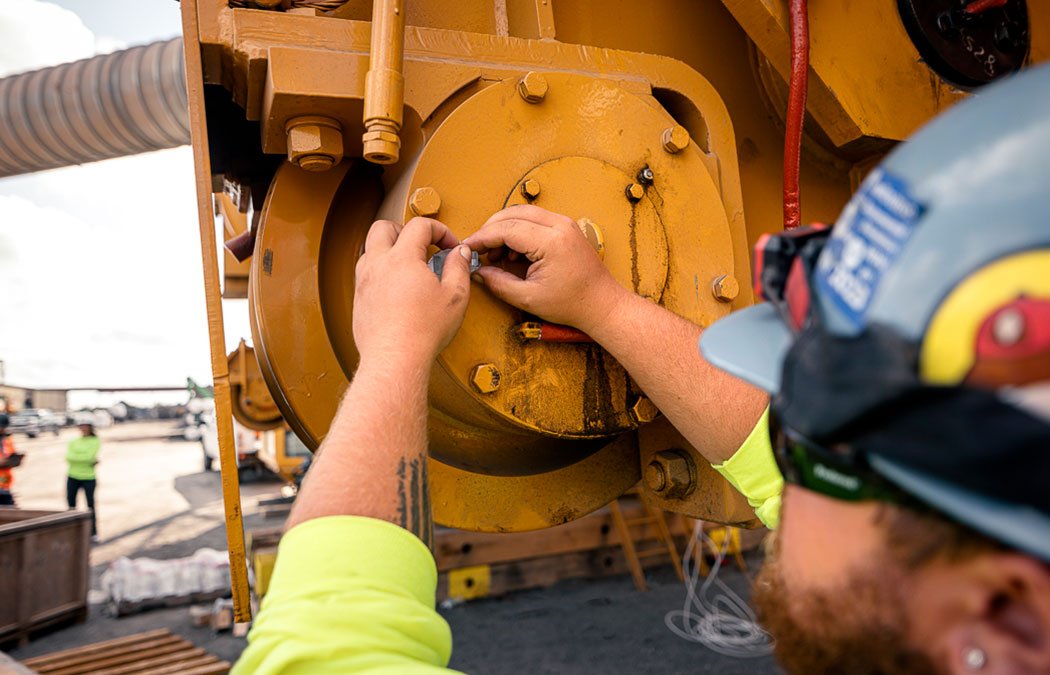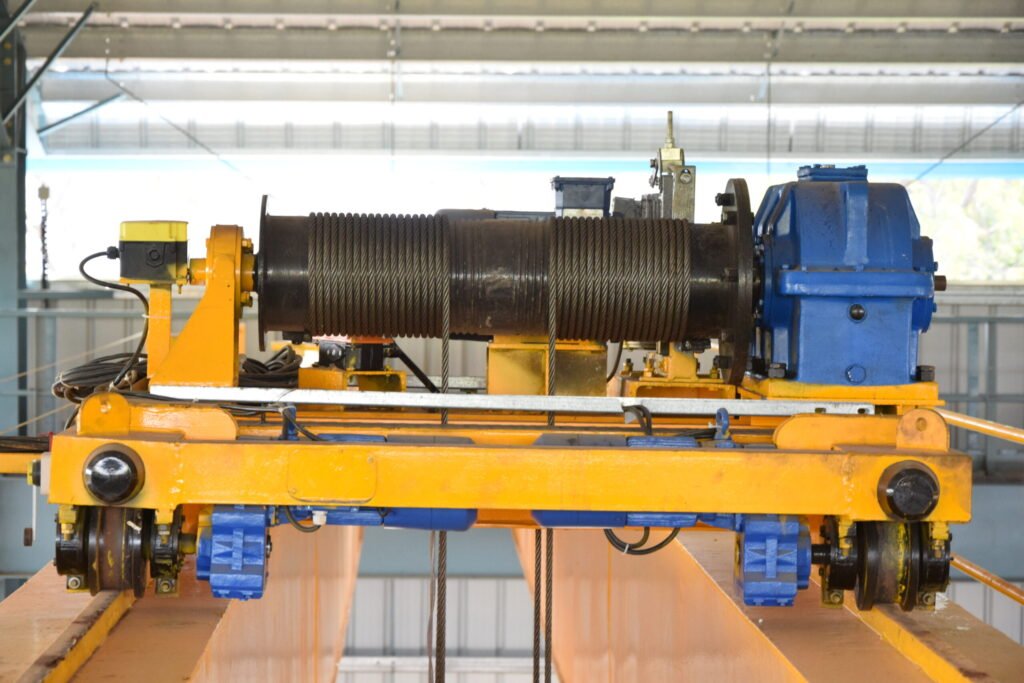
Services
Crane Site Services
Crane Site Services refer to the range of services provided at a construction, industrial, or heavy-lifting site to ensure that cranes are properly set up, operated, maintained, and monitored throughout their use. These services are essential for ensuring the safe and efficient operation of cranes in various environments, from construction sites to ports, factories, and manufacturing plants.
Crane site services are integral to ensuring that cranes are safely, efficiently, and effectively used on construction sites or in any other environment where heavy lifting is required. These services range from initial planning and setup, to crane operation and maintenance, and even dismantling and transport.
Crane Setup and Installation
- Site Survey and Planning: Before any crane is set up, a detailed site survey is conducted to assess the location, ground conditions, load requirements, and logistical considerations. This helps determine the best crane type and placement on-site.
- Crane Selection: Based on the site survey, crane service providers will help select the most suitable crane(s) for the job. This may include choosing between mobile cranes, tower cranes, crawler cranes, or other specialized equipment depending on the project needs.
- Ground Preparation and Stability: Ensuring that the ground can support the crane’s weight is crucial. If necessary, the site may require reinforcement or leveling to provide a stable base. Crane mats, pads, or other stabilizing materials are used to distribute the load evenly and prevent crane tipping.
- Assembly and Rigging: For cranes that are disassembled during transport (e.g., tower cranes or large mobile cranes), the crane service team will oversee the assembly process, including rigging and securing components to ensure the crane is operational and stable.
Crane Operation Services
- Certified Crane Operators: Trained and certified crane operators are essential to safely and efficiently operate cranes on-site. Operators must be familiar with the specific crane model, the load charts, and the site-specific risks.
- Lift Planning and Supervision: Lift planning involves evaluating the load, determining lifting points, setting up safety zones, and ensuring the crane operates within its load capacity. A qualified lift supervisor will often be designated to oversee the lifting operation and ensure that all safety protocols are followed.
- Signalers and Riggers: In addition to the crane operator, signalers (or banksmen) and riggers are critical for guiding the crane, ensuring proper load handling, and managing communication between the crane operator and ground crew.
- Coordination of Multiple Cranes (if necessary): For large-scale projects that require the use of multiple cranes (e.g., lifting heavy loads in tandem), crane site services will include the coordination of several cranes, ensuring safe and synchronized operations.

Crane Maintenance and Inspections
- Routine Inspections: Cranes need to be inspected regularly for mechanical, electrical, and structural issues. This includes checking the boom, hoist, counterweights, and load-bearing systems to ensure they are functioning correctly.
- Pre-Operational Checks: Before every use, operators should conduct a pre-operation inspection, which includes verifying hydraulic fluid levels, checking for loose parts, and inspecting safety systems.
- Scheduled Maintenance: Depending on the crane’s usage and manufacturer guidelines, scheduled maintenance (e.g., lubricating moving parts, changing oil, inspecting wire ropes) is necessary to prevent breakdowns and extend the crane’s operational life.
- Emergency Repairs: If a crane experiences a malfunction or breakdown, crane site services will include prompt repair services, often provided on-site or at a nearby facility. Emergency technicians may be dispatched to troubleshoot and fix mechanical or electrical issues to minimize downtime.
Crane Load Testing
- Static and Dynamic Load Testing: Load tests are essential to verify that a crane can safely handle its rated capacity. A certified engineer or technician may conduct load testing to assess the crane’s lifting capacity and ensure it is operating within its safety margins.
- Post-Repair Load Testing: If a crane undergoes repairs or modifications, it may be required to undergo load testing again before it is deemed safe for regular operations.
- Safety Checks During Testing: During load testing, operators must ensure that the crane’s stability is monitored closely. This includes checking for any signs of structural weakness or failure, unusual vibrations, or other operational issues that may arise under load.
Crane Safety and Compliance
- Dismantling of Cranes (for temporary installations): At the conclusion of a project, cranes often need to be dismantled for transport or storage. Crane site services may include the careful disassembly of the crane, ensuring all parts are removed and properly stored or transported.
- Site Clean-Up: After the crane has been dismantled, site services often include the cleanup of the work area, removal of any remaining materials (e.g., crane pads, rigging), and ensuring the site is left in a safe and clear state.
- Transport Services: If cranes need to be moved to a different location, the crane service provider may assist with transportation logistics, ensuring that all components are safely loaded and moved.
Crane Site Safety Management
- Safety Management Systems (SMS): A safety management system helps manage the operational risks associated with crane operations. This can include risk assessments, safety protocols, hazard identification, and documentation of safety procedures.
- Emergency Response Plans: Crane site services often involve developing emergency response plans, ensuring that operators and workers are prepared for any accidents or safety incidents on site.
- Emergency Rescue Services: In case of an accident, crane service providers may offer rescue services, such as crane retrieval or operator extraction, depending on the situation.
Consultancy and Technical Support
- Engineering Support: Crane site services often include access to engineers or technical experts who can provide advice or assistance with complex lifting operations, site planning, or structural challenges.
- Lift Plans: Crane service providers may create detailed lift plans that outline the lifting operation, including the load weight, lifting points, safety measures, crane capacity, and other critical details.
- Project Management: For large projects, crane site services often include project management support, helping to coordinate crane operations, scheduling, and logistics to keep the job running smoothly.
